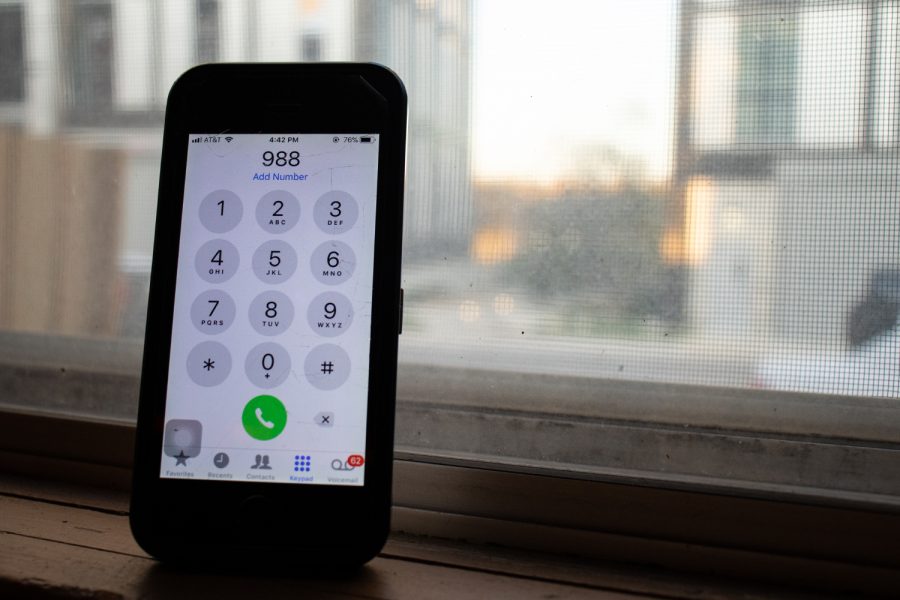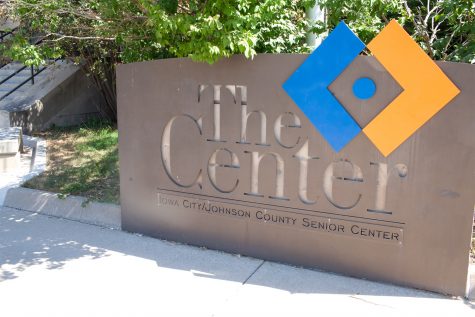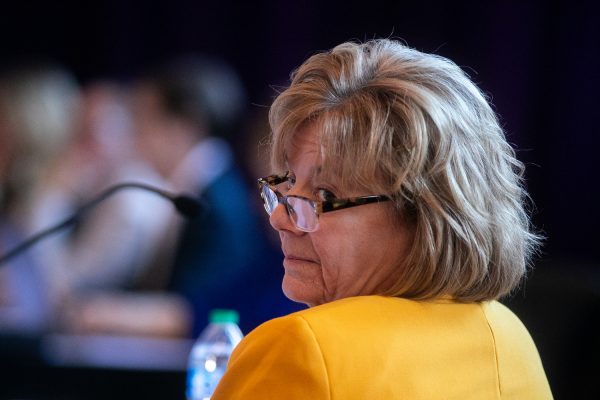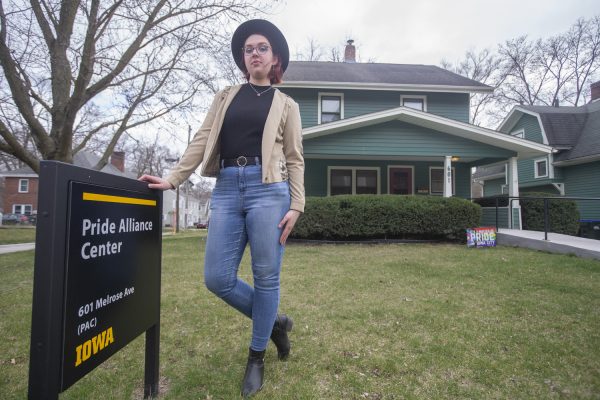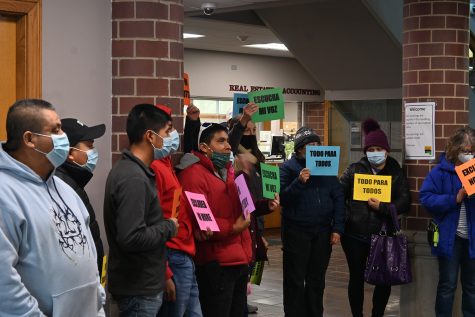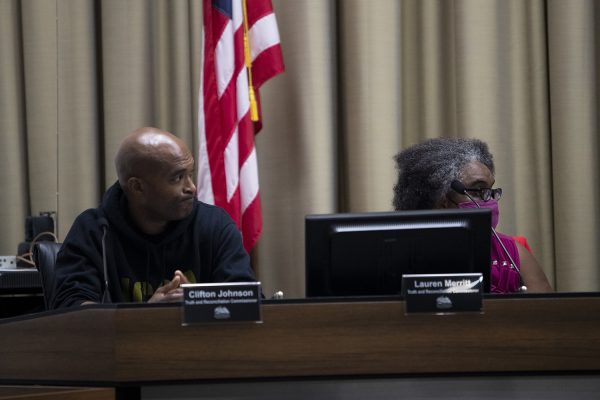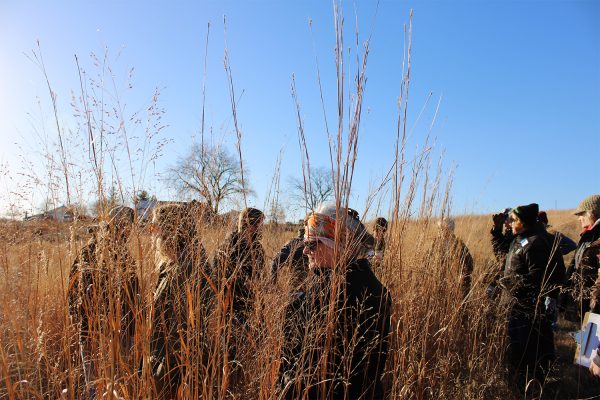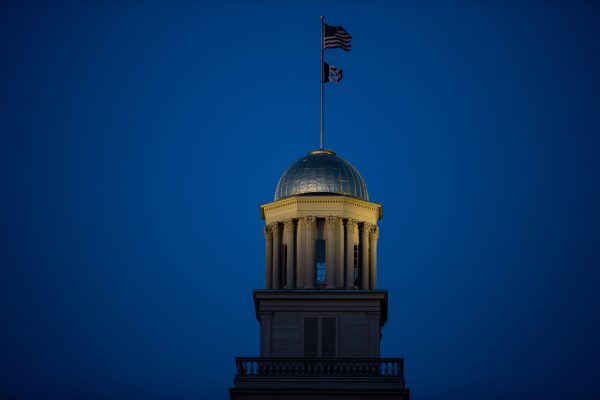9-8-8 to be new telephone number for National Suicide Prevention Hotline
The National Suicide Hotline Designation Act of 2020 will go into effect July 2022, making 9-8-8 the national telephone number to reach the National Suicide Prevention Hotline.
Photo Illustration by Hannah Kinson
November 3, 2020
Local mental health advocates are praising a recent order to make a national phone number to reach the National Suicide Prevention Hotline.
Earlier in October, President Donald Trump signed the National Suicide Hotline Designation Act of 2020. It will go into effect July 2022.
“A short code like 9-8-8 has the benefit of being easy to recall, even in really difficult and stressful situations where our memory may not be working at normal levels,” Crisis Intervention Manager with CommUnity Crisis Services and Food Bank Ryan Dickson said.
He added that this is a great step in the right direction toward lowering barriers, whether or not they are students.
Suicide Prevention Coordinator for the University Counseling Services Ian Evans said the bill aims to replace the preexisting National Suicide Prevention Hotline number, which was 1-800-273-TALK.
“The biggest impact that is going to help with providing students help is that we do not want this to be a primary resource for students getting the mental health treatment that they need,” Evans said.
He said this will be a resource nationally and federally funded, which will provide support for not just suicide ideation, but also to allow for someone going through a hard time to talk about it for the first time.
Evans said a problem with hotlines now are under-funded. Sometimes someone can experience a wait time before a trained counselor can answer he said.
“When you are going through a really distressing period, being put on hold can feel really helpless and powerless,” he said.
He also hopes the increase in federal funding for the 9-8-8 hotline will decrease that feeling and foster hope.
Dickson said the use of suicide hotlines has become more common since the expansion of the service, referencing an article by John Draper, one the nation’s leading experts in crisis intervention and crisis contact center practices.
However, he said knowing if the introduction of this new national hotline will decrease the number of annual suicides is hard to predict.
“While I’m not sure that anyone could accurately say that the creation of 9-8-8 will have an impact on rates of suicide, we can say that it will increase access to care for individuals who are struggling,” Dickson said. “Even if only one more person reaches out because of this change, it will have been a worthwhile decision.”
UI first-year student Caroline Carter said she believes this new hotline number will be very beneficial to students on campus both at the university and all over the country.
“This is definitely a step in the right direction for mental health awareness,” said Carter. “It shows that the government is putting an effort in to make sure people get the help that they need.”
She said she agrees that it is more beneficial to have a short and recognizable number to call in stressful and possibly life-threatening situations.
Using 9-8-8 makes promoting the help hotlines provide much easier, but it will take manpower and funding to do so, Dickson said.
“While we wait for those changes to take place, we will need volunteers even more than before,” he said. “The most immediate and impactful thing that people can do is volunteer. We do not have to wait for our government to act. Anyone can reach out to us for training and become the reason that someone chose life.”



